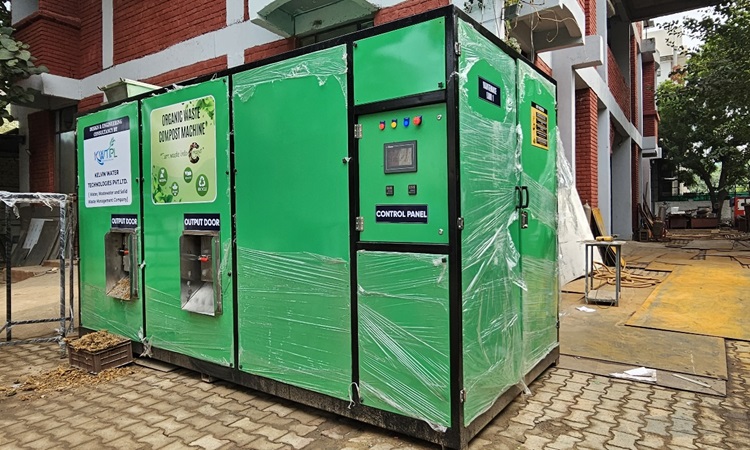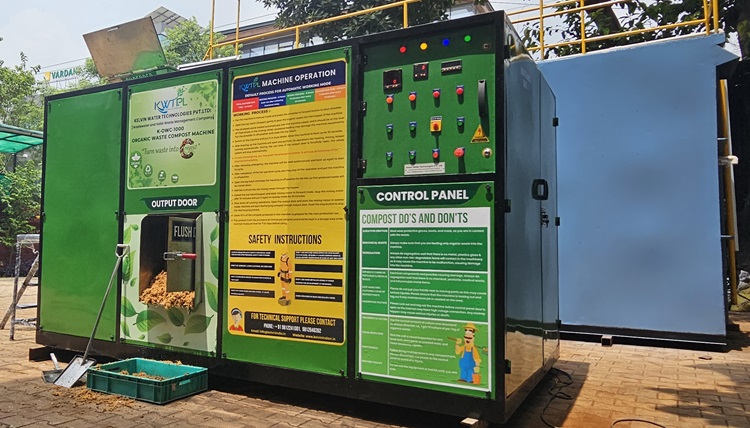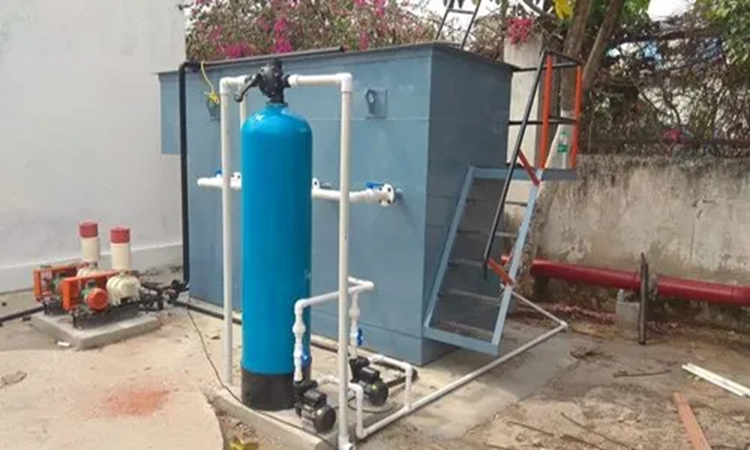Organic Waste Composter

An organic waste composter is a device or system designed to break down organic waste materials into compost through a natural biological process called composting. Composting is a sustainable method for recycling organic matter, such as food scraps, yard waste, and other biodegradable materials, into nutrient-rich soil conditioners.
How Does an Organic Waste Composter Work?
An organic waste composter is a device that helps to transform organic waste into nutrient-rich compost. But how does it work? Let’s break it down.
First, the organic waste, which can include food scraps, yard trimmings, and other biodegradable materials, is added to the composter. The composter then creates an ideal environment for decomposition to occur. This usually involves maintaining the right balance of moisture, oxygen, and temperature.
Microorganisms, such as bacteria and fungi, play a crucial role in breaking down organic matter. These microorganisms feed on the waste material and break it down into simpler compounds through a process called aerobic decomposition. As they consume the organic matter, they produce heat as a byproduct.
The heat generated during this process speeds up decomposition and kills any harmful pathogens or weed seeds present in the waste. It also accelerates the breakdown of tough materials like branches or woody debris that may take longer to decompose naturally.
As time goes on, you’ll notice that your pile of organic waste gradually transforms into dark brown compost—rich in nutrients that plants love! This finished compost can be used as fertilizer for gardens or potted plants.
By using an organic waste composter at home or in larger-scale operations like community gardens or farms, we not only divert valuable resources from landfills but also contribute to creating healthy soil and reducing greenhouse gas emissions.
Benefits of OWC Machine:
Using an organic waste composter offers a multitude of benefits that can have a positive impact on both the environment and your daily life. Let’s explore some of these advantages.
First and foremost, using an organic waste composter helps reduce the amount of waste that ends up in landfills. By composting organic materials such as food scraps and yard waste, you divert these items from landfills, where they would contribute to greenhouse gas emissions.
Additionally, composting is an excellent way to create nutrient-rich soil for gardening or landscaping. The resulting compost can be used as a natural fertilizer, enhancing plant growth and reducing the need for synthetic chemicals.
Composting also helps conserve water by improving moisture retention in the soil. This means less watering is required for your plants, leading to significant savings on your water bill.
Using an organic waste composter promotes sustainability and self-sufficiency. Instead of relying solely on store-bought fertilizers or disposing of your organic waste through traditional means, you are taking control of your resources by turning them into valuable compost right at home.
Engaging in composting can foster environmental awareness within communities. It encourages conversations about sustainable practices and inspires others to follow suit, reducing their ecological footprint.
Related: Importance of STP Plant for Kitchen
Types of Organic Waste Composting Machine
1. Bin Composter: This is perhaps the most common type of organic waste composter. It consists of a container or bin with proper ventilation and drainage systems. The bin allows for easy mixing and turning of the organic waste, promoting decomposition.
2. Tumbler Composter: As the name suggests, this composter has a barrel-like structure that can be easily rotating. This design makes it convenient for regular turning and aerating of the compost pile, speeding up the decomposition process.
3. Worm Composter: Also known as vermicomposting, this method involves using worms to break down organic waste into nutrient-rich vermicompost. A worm composter usually consists of stacked trays where worms feed on food scraps and convert them into valuable compost.
4. Bokashi Composter: Bokashi composting is an anaerobic fermentation process that uses beneficial microorganisms to decompose organic waste quickly without any foul odors. You simply add your kitchen scraps to a bokashi bucket along with a special bran infused with these microbes.
5. In-Ground Composter: If you have ample outdoor space, an in-ground composter might be ideal for you. These composters are buried directly in your garden soil or yard, allowing for direct recycling while providing natural insulation against temperature fluctuations.
Conclusion
In this article, we have explored the world of organic waste composters and their importance in managing organic waste effectively. We discussed what organic waste is and why it poses a problem if not properly dealt with. Organic waste composters offer numerous benefits, including reducing landfill space, producing nutrient-rich compost, and promoting environmental sustainability.
We also delved into the working process of an organic waste composter. By providing the ideal conditions for decomposition to occur, these machines break down organic matter into valuable compost through a combination of heat, oxygenation, moisture control, and microbial activity.
There are various types of organic waste composters available on the market today. From traditional backyard compost bins to more advanced automated systems that can handle larger quantities of waste in commercial settings
To use an organic waste composter effectively, follow our step-by-step guide, which includes preparing your materials, layering them correctly inside the composter, maintaining proper moisture levels, and turning or aerating the pile regularly.







